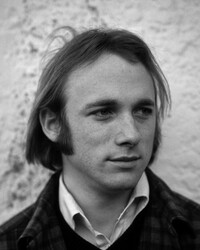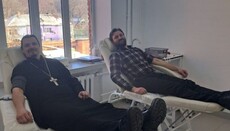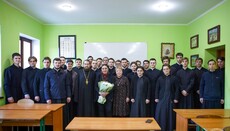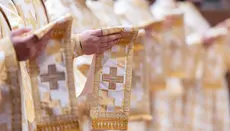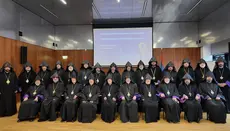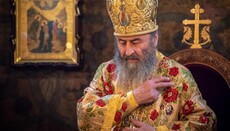Court to reconsider case of Lavra monk who allowed "bell’s ringing" song
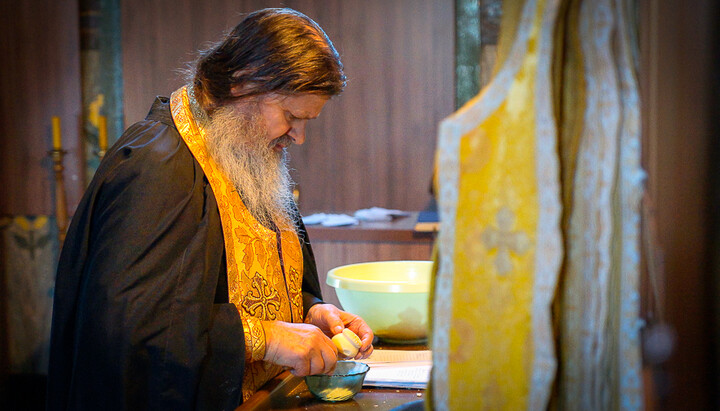
The Court of Appeal granted the Prosecutor's appeal and scheduled a new hearing of the case.
On 8 September 2023, the Kyiv Court of Appeal granted the Prosecutor's appeal and scheduled a new hearing of the case of the Lavra monk who allowed the singing in the Warm Church of the Kyiv-Pechersk Lavra of the hymn "The Mother of God, the Mother of Light, Love and Goodness" (better known by the words "... the bell is floating over Russia"), which, according to the prosecution, glorifies the aggressor country, as reported on the Facebook page of the Prosecutor's Office.
"The Pechersk District Court of Kyiv, by its ruling, decided to return the indictment to the prosecutor in the mentioned criminal case due to its non-compliance with the requirements of Article 291 of the CPC of Ukraine. Disagreeing with the conclusions of the first-instance court, the prosecutor in the proceedings appealed this decision in the appellate procedure.
As a result of the appellate review, the appellate court found the prosecutor's arguments regarding the compliance of the indictment with the requirements of Article 291 of the CPC of Ukraine to be valid. The prosecutor's appeal was granted, the ruling of the first-instance court was revoked, and a new hearing was scheduled in the first-instance court," says the message.
In April 2023, the Pechersk Court of Kyiv refused to consider the case of the monk of the Kyiv-Pechersk Lavra, Archimandrite Zakharia, whom the SBU suspects of "justifying the aggression of the RF against Ukraine". In the judge's decision, it was noted that the indictment "substantially does not conform" to the requirements of the Criminal Procedure Code of Ukraine:
"The circumstances listed by the court unequivocally indicate the absence of a full (specific) procedural description in the indictment, and therefore, its referral for trial would contradict the provisions of Article 6(3) of the European Convention on Human Rights."
After reviewing the indictment, the court also could not determine how exactly Hieromonk Zacharia "committed the crime".
The judge also emphasized that it was unclear to him whether the church premises at the time of singing the song were considered a means or an instrument.






